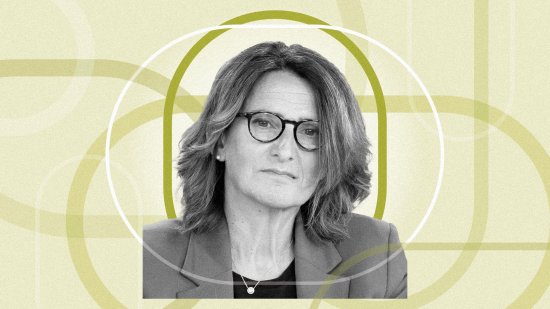
Teresa Ribera, the European Union’s new competition and sustainability chief, is tasked with guiding Brussels’s ambitious sustainability efforts and clearing barriers to innovation.
The newly appointed first executive vice president for a “clean, just, and competitive transition,” Ribera, will keep the E.U. on track with its Green Deal, the central pillar of its flagship climate agenda to transition to a low-carbon economy, while boosting homegrown industries.
“It is difficult to accept we need to change so many things in such a short period of time,” she told the Foundation for European Progressive Studies in January. “So, unless it is reasonably easy to make the necessary changes in our behaviors, we try to stay in our comfort zone, not to accelerate these changes. With public responsibilities and the personal conviction that politics do need to serve its citizens, we are obliged to find a way to make the decisions easier… [and]” to facilitate the transformation in a socially fair, just manner.”
[time-brightcove not-tgx=”true”]Ribera, a socialist currently serving as Spain’s ecological transition minister, is no stranger to the mission. The 55-year-old is a skilled negotiator who successfully brokered a deal with Spain’s coal unions to close most of the country’s mines in 2018. She also led the shutdown of Spain’s nuclear reactors, bargaining for a phase-out of the plants by 2035. When Russia invaded Ukraine and triggered a gas crisis across Europe, Ribera secured a special deal for Spain and Portugal that allowed the countries to cap the price of gas used to generate electricity, reducing bills for millions of consumers. Now, as the right-hand woman to President of the European Commission Ursula Von der Leyen, she has her work cut out for her. “Teresa Ribera has the rare ability to broker difficult deals,” said Linda Kalcher, executive director of the Strategic Perspectives think tank, in an interview with Politico. “She will need these skills in Brussels.”
Ribera’s twin portfolios reflect the duality of her role. In her new position, she will have to balance competition and sustainability, juggle member countries’ nuclear ambitions with the broader E.U. climate goals and protect small industry players while encouraging innovation. It’s a tough position that she is well equipped for.